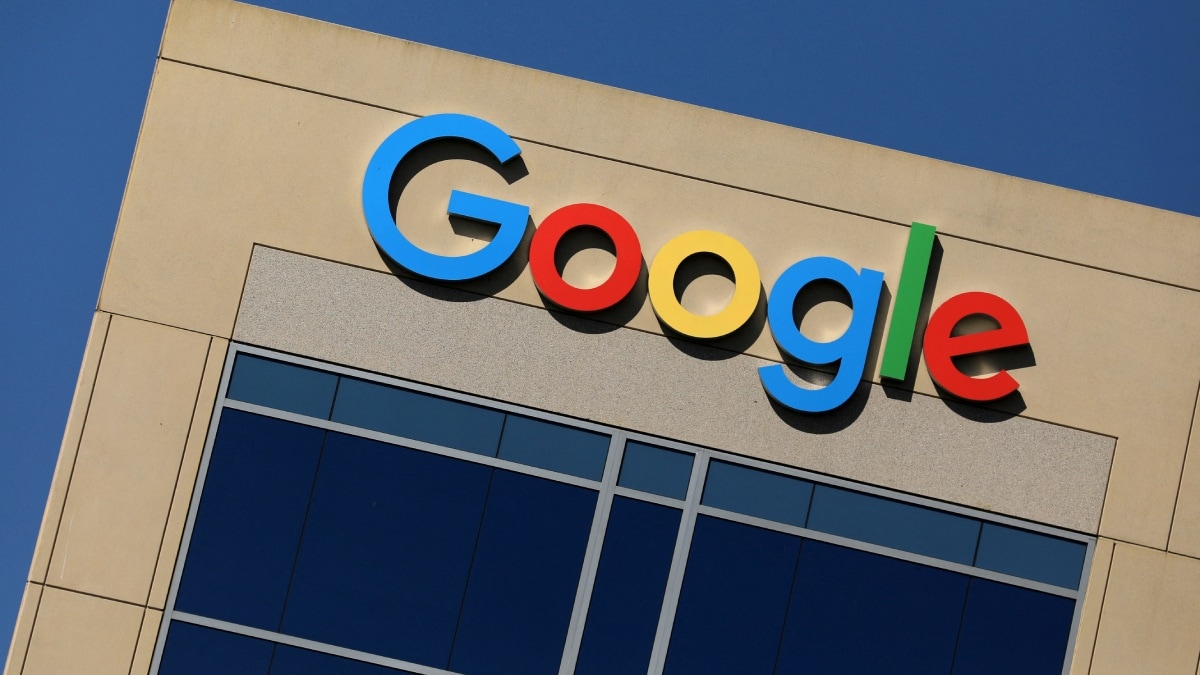The NCLAT on Monday concluded its hearing over the petition filed by Google, in which the tech giant challenged the Competition Commission’s order imposing a Rs. 1,337.76 crore penalty for anti-competitive practices in relation to Android mobile devices.
A two-member bench of the National Company Law Appellate Tribunal (NCLAT) was conducting the hearing on a day-to-day basis for over a month.
“Heard Learned Counsel for the parties. Hearing is completed. Judgment Reserved,” said the NCLAT bench comprising Chairperson Justice Ashok Bhushan and Member Alok Srivastava.
On October 20 last year, the Competition Commission of India (CCI) slapped a penalty of Rs. 1,337.76 crore on Google for anti-competitive practices in relation to Android mobile devices. The regulator had also ordered the internet major to cease and desist from various unfair business practices.
This ruling was challenged before the National Company Law Appellate Tribunal (NCLAT), which is an appellate authority over the orders passed by the CCI.
Google in its petition had contended the investigation done against it by CCI as “tainted”, contending that the two informants on whose complaint the fair trade regulator has initiated the enquiry were working at the same office that was investigating the tech major.
According to Google’s plea, CCI has failed to conduct an “impartial, balanced, and legally sound investigation” while ignoring evidence from Indian users, app developers, and OEMs.
Challenging the CCI order, Google said the findings are “patently erroneous and ignore” the reality of competition in India, Google’s pro-competitive business model, and the benefits created for all stakeholders.
Google claimed the DG copy-pasted extensively from a European Commission decision, deploying evidence from Europe that was not examined in India or even on the Commission’s file.
While CCI, during the course of hearing alleged that Google has created a digital data hegemony and called for a market space with “free, fair and open competition”.
Additional Solicitor General N Venkataraman, who had represented CCI before the appellate tribunal, said a market with greater freedom for all players would be in total sync with principles of free competition rather than the ‘walled garden’ approach of the internet major.
He submitted that Google had used its money-spinning search engine as the ‘castle’ and the rest of the other apps to play the defensive role of ‘moat’. This ‘castle and moat’ strategy is data hegemony, which means a big market player tends to get bigger and bigger while a small entrant struggles to attain a critical mass of users and user data.
According to him, data capture and data deployment are getting exploited and monetised as advertisement revenues. When the choice is the guiding principle of the competition law, Google’s hegemony reduces both choice and competition.
Venkataraman emphasised that implementation of the remedies made by the CCI would go a long way towards having a market with greater freedom for all players, which would be in total sync with the principles of free competition rather than the ‘walled garden’ approach of Google.
The abuse of dominance by Google stands proved in every criteria laid under Section 4 of the Competition Act in terms of mandatory pre-installation, premier placement and bundling of core apps. Such practices result in the imposition of unfair conditions and supplementary obligations, he said.
Check out our Latest News and Follow us at Facebook
Original Source

